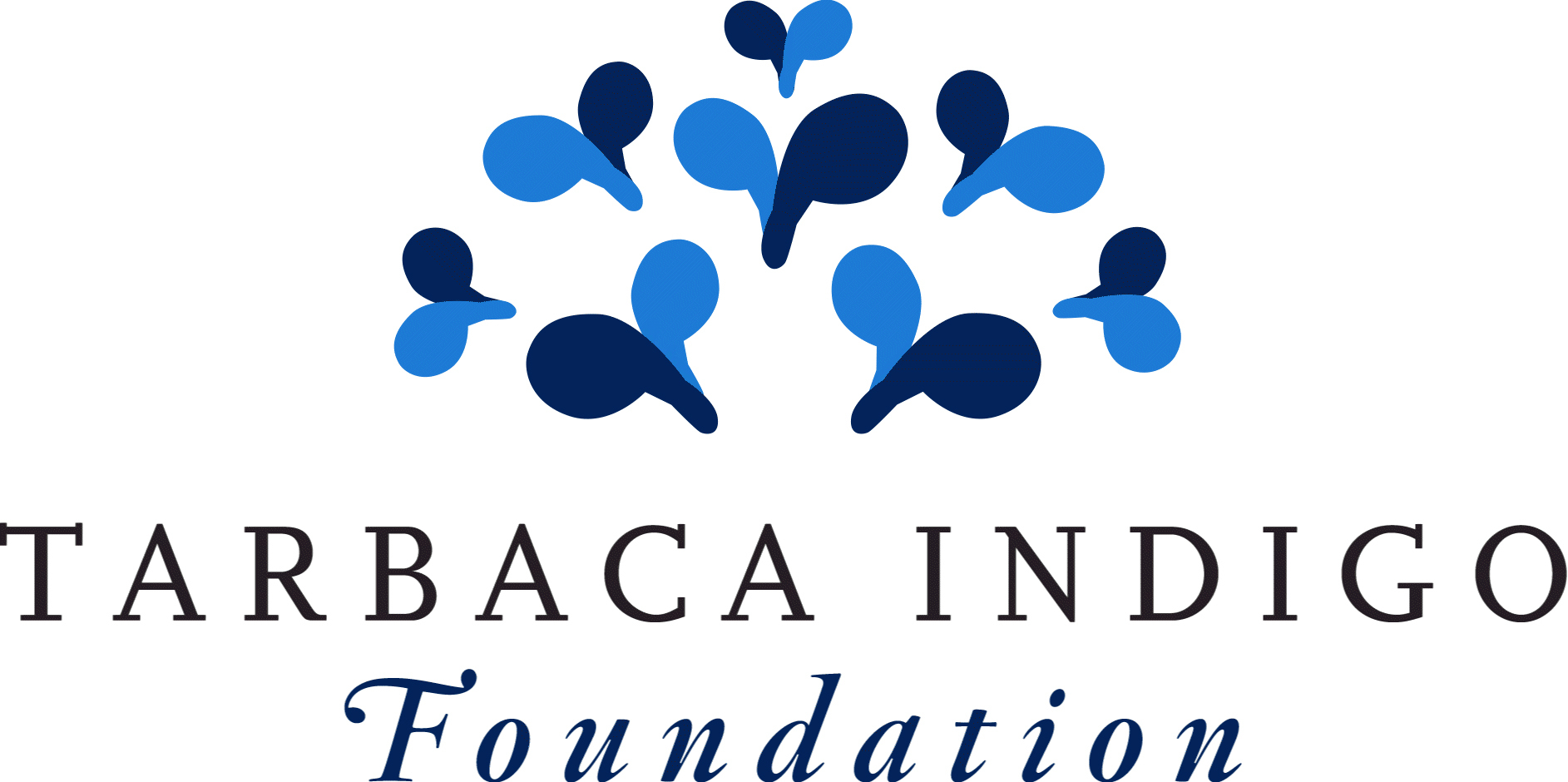
Catalyzing the Transformation to Water Resilience
The Tarbaca Indigo Foundation is helping the Pacific Institute to catalyze the transformation to water resilience in the face of climate change by 2030.
The Pacific Institute's strategy focuses on four impact areas recognized for their outsized potential to catalyze water resilience: water efficiency and reuse, nature-based solutions, water equity, and corporate water stewardship.
Through its work, the Pacific Institute combines evidence-based thought leadership with active outreach and engagement to create and advance solutions to the world's most pressing water challenges. Its evidence-based approach
draws from many disciplines and benefits from collaborations with a variety of stakeholders. Its interdisciplinary team proactively informs, influences, and convenes NGOs, the United Nations, frontline communities, utilities, Fortune 500 companies, and government
agencies. More on this project's strategy at: pacinst.org.
Photo: Courtesy of the Pacific Institute

The Analytical Biogeochemistry Laboratory
On a changing planet, supporting research using stable isotope analysis is key to advancing our understanding of Earth’s complex deep past and rapidly approaching future. Stable isotopes are used to detect variations and track movements of the basic elements of life (nitrogen, carbon, oxygen) as they cycle through biological, chemical, and physical systems. Scientists use this information to study topics such as photosynthesis, carbon storage and cycling, and the past and present interactions that plants, animals, and humans have amongst each other and their environment. Stable isotope analysis is one of the most innovative avenues of environmental research today and is rapidly expanding as a powerful investigative tool with multi-disciplinary implications. A new Isotope Ratio Mass Spectrometer system, based in Latin America at the Smithsonian Tropical Research Institute (STRI) and cp-funded by Tarbaca Indigo Foundation, will greatly expand investigative capabilities and empower researchers in the Neotropics to directly take part in the forefront of isotope research.
Photo: A researcher analyzing ancient shells in the field. Materials such as these are important data points and can be analyzed with the new Isotope Ratio Mass Spectrometry (IRMS) machine in order to help scientists accurately unlock deep-time questions and reconstruct past climate conditions.

